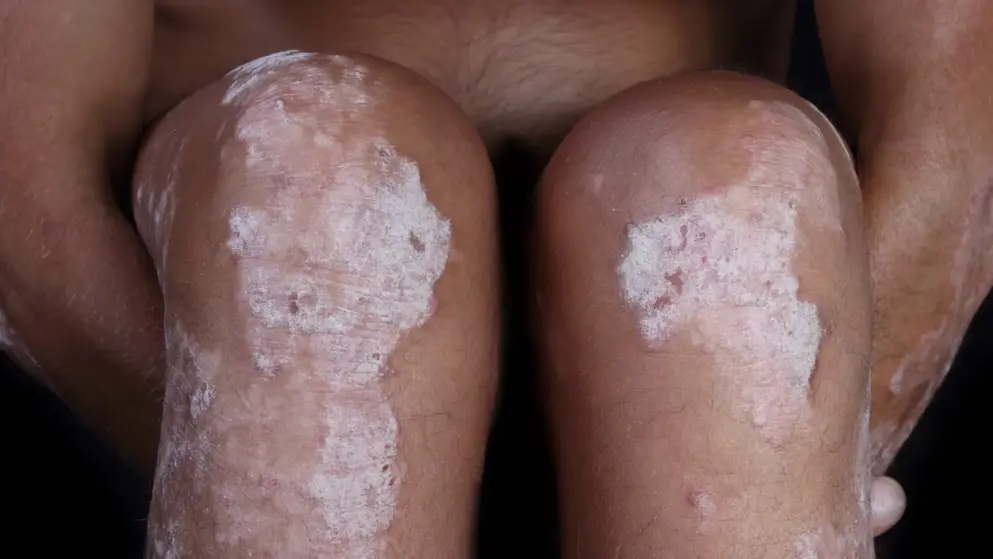
Novartis announces patient preference survey of psoriasis patients.
Novartis, a leader in immuno-dermatology, announced new data from a patient preference survey showing psoriasis patients want their treatment to go beyond just clear skin and safety. This study of 300 psoriasis patients is being presented during a poster session at the 27th European Academy of Dermatology and Venereology (EADV) Congress in Paris, France.
Results confirmed that clear skin is the most preferred treatment attribute, which is consistent with previous patient preference surveys in psoriasis. Results also show patients expect additional benefits from their treatment that are not traditionally assessed in patient surveys, including the number of years of proven efficacy and safety data in large clinical trials and no injection site reactions. In a separate ranking incorporating additional characteristics, patients ranked the effectiveness in treating multiple manifestations of psoriatic disease (including PsA, nail, palmoplantar and scalp), and complete symptom relief, as being important, after risk of side effects and clear skin (including time to achieve clear skin). Least important were the number of injections per dose and injection frequency.
"It's relevant to understand from psoriasis patients which additional benefits from their treatment they want besides clear skin and safety," said Professor Matthias Augustin, Director Institute of Health Care Research in Dermatology and Nursing, University of Hamburg. "From the findings of this survey, consistent and sustained long term efficacy and safety from large clinical studies, no pain at injection site or efficacy in all manifestations of psoriatic disease could be influential when choosing a treatment for moderate-to-severe psoriasis."
Psoriatic disease is complex and multifaceted. Up to 40% of psoriasis patients may develop PsA. In the long term, up to 90% of psoriasis patients may also develop nail psoriasis, palmoplantar psoriasis (of the palms of the hands and soles of the feet), or scalp psoriasis. These manifestations are associated with a greater burden on patients' life. According to the American Academy of Dermatology's guidelines, psoriasis treatments should be tailored to the patient's situation and preference. A greater understanding of patients' preferences for moderate-to-severe psoriasis treatment is central to improving models of shared patient-doctor decision making. These results provide additional insight into the patients' perspective of the psoriasis treatment options available.
Comment: The data was collated from an online discrete choice experiment (DCE) survey from 300 US respondents with a self-reported physician diagnosis of moderate-to-severe psoriasis. Levels of attributes were based on existing clinical information for current biologic treatments of moderate-to-severe plaque psoriasis.

